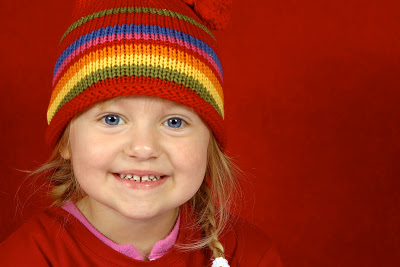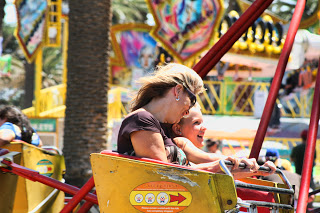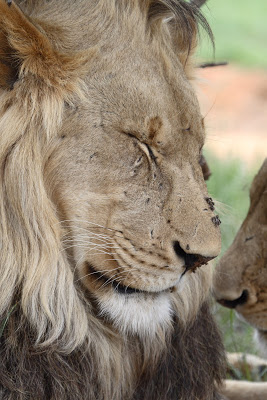 |
| Copyright Ilyssa Tonnessen, Dreamstime.com |
Some good storytelling resources are here and here and here…
 |
| Copyright Ilyssa Tonnessen, Dreamstime.com |
Some good storytelling resources are here and here and here…
Compiled and written by Lisa and Jennifer:
“If you worried about falling off the bike you’d never get on.” Lance Armstrong
“A hero is no braver than an ordinary man, but he is braver five minutes longer.” Ralph Waldo Emerson
“Courage is being scared to death and saddling up anyway.” John Wayne
Lack of physical courage looks like:
Physical courage sounds like:
Lack of physical courage sounds like:
Grab Some Lion’s Whiskers!
Here are some tips for helping develop physical courage for you and your kids:

Posts related to physical courage: The Journey Our Kids Are On, Two Parables from Rumi, Go Climb a Tree, 5-Minute Courage Workout on Navigating the Neighborhood, 5-Minute Courage Workout on Playing with Fire, First Steps on the Path, Mental Pathways of Courage, Let’s Talk Dirty, 5-Minute Courage Workout: Talking Dirty, Dancing Through the Pain, Part 1, Dancing Through the Pain, Part II, Perseverance: The Courage of a Spider, The Way We Hold Our Babes, Fenrir; Big, Bad Wolf, Beowulf: A Hero’s Tale Retold, Quitters, Campers, and Climbers: Which One are You?, The Black Belt Wall, Running Plan B
What are your ideas about physical courage, your parenting tips to promote it with kids, or your favorite physical courage story (fiction or non-fiction)? We’d love to hear from you!
Here’s more on the types of courage:
What is Social Courage?
What is Emotional Courage?
What is Moral Courage?
What is Intellectual Courage?
What is Spiritual Courage?
This is one of our most popular posts. Please consider posting it to Facebook or tweeting it for us.
Courage doesn’t always roar. Sometimes courage is the little voice at the end of the day that says I’ll try again tomorrow.~Mary Anne Radmacher
I’ve defined the word courage with a dictionary, and with the help of my kids, so now I ask myself: “What does courage mean to me?” “Do I have courage?” “When have I been courageous in my life?”
Unlike my husband, I barely remember the incident. It’s a common phenomenon for people who’ve been courageous to have little or no recollection of the events leading up to the moment they made their move—particularly when altruism is at play. Upon reflection, when people who’ve displayed courage are asked “How did you do it?” I am amazed how often friends, family, or clients I’ve worked with as a mental health or child/family therapist over the course of 22 years, respond “I don’t know. I didn’t have a choice. I just did it.” My job sometimes is to highlight how courageous their actions actually were, to help deconstruct the choices they make in their lives that will hopefully result in increased confidence and a sense of their ability to be active agents in the creation of their future lives. Our role as a parent is to do the same with our children.
The next afternoon, she took some meat to a pond where lion tracks had been seen. She put the meat by the water and hid behind a tree to wait. Sure enough, at dusk a lion came. She knew by the way he sniffed the air that he knew she was there, but he was satisfied with the meat and did not bother her.
You may also purchase Nancy Raines Day’s retelling, with beautiful collage illustrations by Ann Grifalconi here:
 |
|
A few days after Jennifer and I start talking about writing about courage, her daughter (K.) and my own (B.) are seated at our kitchen table sharing snacks and huddled together over my daughter’s new iPod. I ask them, “Do you mind if I ask you a couple questions about courage?” We’ve had a few discussions about what courage means since I started researching its origins for this blog. I find I get more thoughtful, and willing, answers to my questions when I check in with my kids if it is a good time for them…and if they understand the meaning of my questions. I ask Jennifer’s daughter, the lovely K., first. “Do you think B. has courage?” K. answers emphatically, “Yes!”
Reflect on times in your life when you’ve shown courage. Share these stories with your kids over dinner together. Highlight courageous moments in your child’s life, too.
Decide if it is a value that is important to your family. Why? Notice, in the coming days, moments when you or your child display courage.
this is one of our most popular posts: please share it on Facebook or tweet it or repost to other social media
lion photo: Copyright Duard Van Der Westhuizen, Dreamstime.com
As I’m known to do, I probe further with both my children after Jennifer and I start writing this blog. “Can you recall a time in your life when you’ve been courageous, when you’ve had courage?”
My son’s response is an emphatic, “No way, not yet.” Courage to him is about heroes and heroines in battle. Soldiers in war engaged in a hardscrabble existence to survive despite the mud, mosquitoes, murder, and mortification for months, sometimes years.
I guess the question is: Which do you choose, to be cowardly or courageous on the path ahead?
 |
| Copyright Socrates, Dreamstime.com |
I wanted to share this story first.
This is one of our most popular posts. Please consider posting it to Facebook or tweeting it for us.